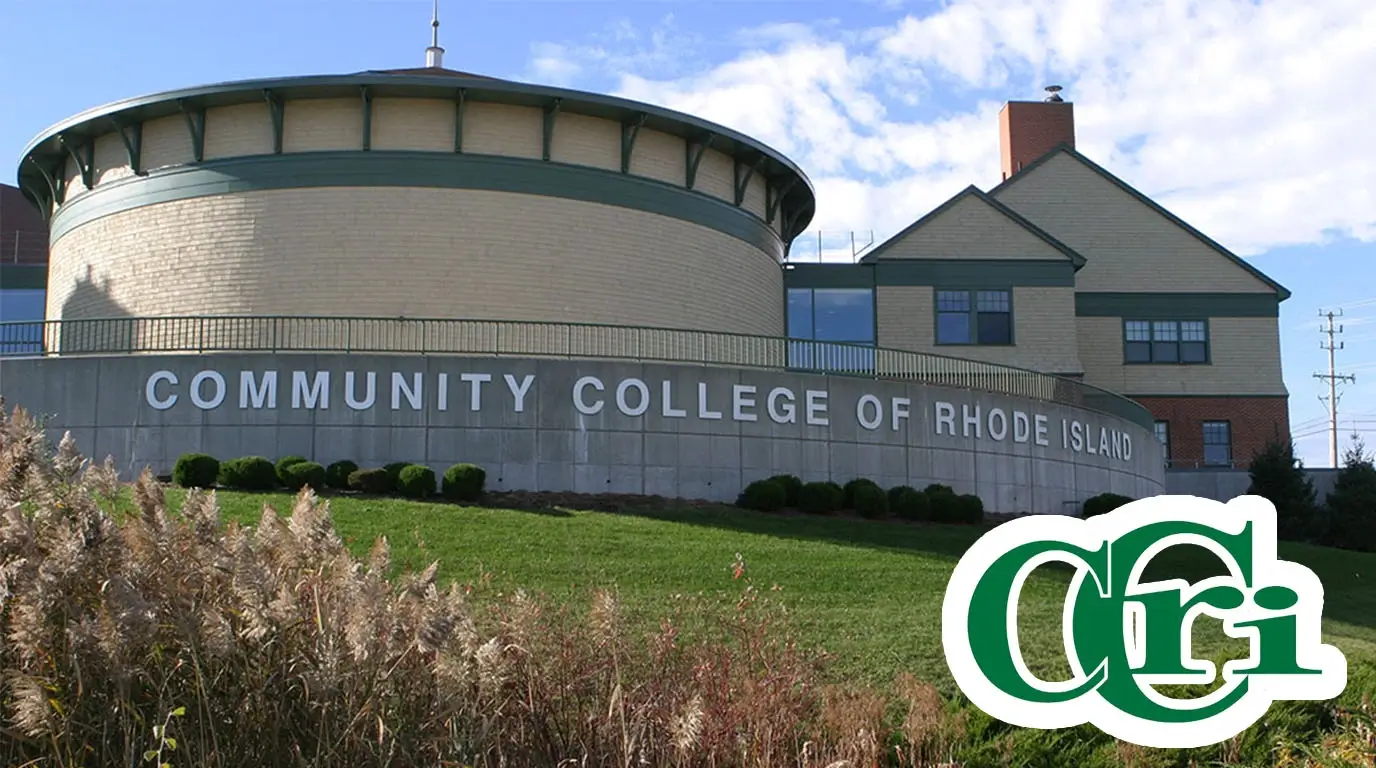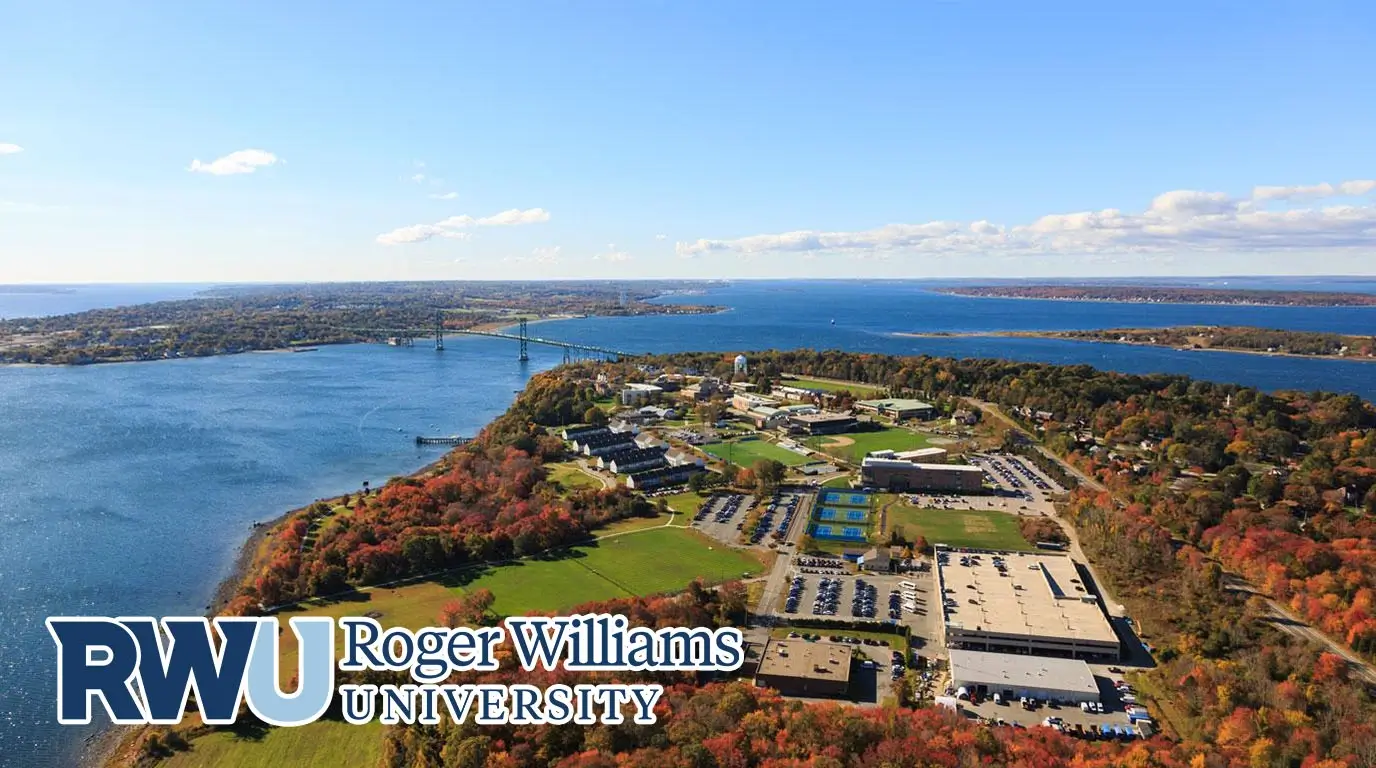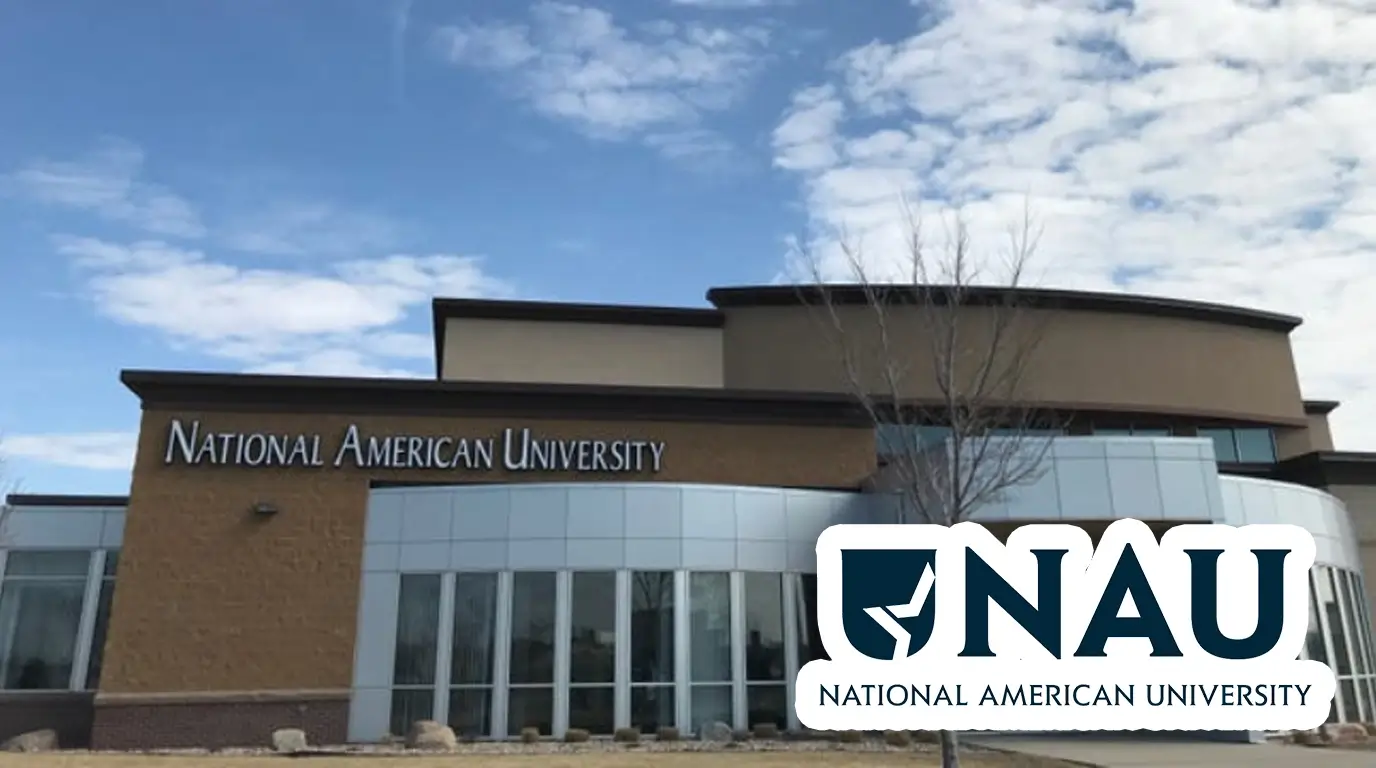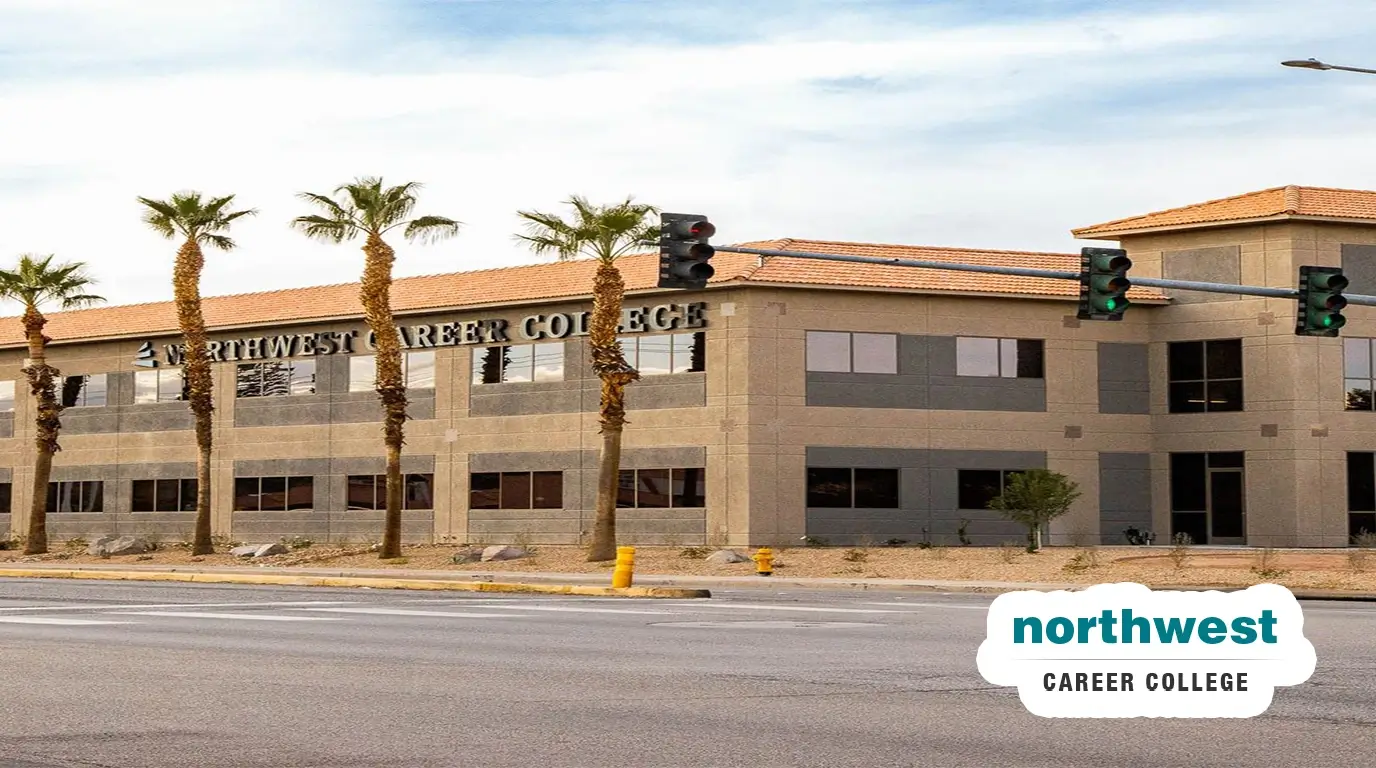Becoming a Paralegal in Rhode Island – Your State-Specific Guide
Have you ever wondered what it takes to dive into a legal career in Rhode Island without committing to the grueling years of law school? Becoming a paralegal in Rhode Island might just be your golden ticket. I’ve spent years in the legal field—first as a paralegal myself, then guiding others into the profession—and I can tell you, it’s a role that’s both rewarding and packed with opportunity, especially here in this small but vibrant state. Paralegals are the backbone of law firms, government agencies, and corporate legal teams, handling everything from research to drafting documents under an attorney’s supervision. In Rhode Island, where the legal community thrives despite the state’s size, the demand for skilled legal assistants is steady. This guide is your roadmap—tailored specifically to Rhode Island—to help you navigate the steps, education, and career outlook you’ll need to break into this field.
Paralegal Definition and Regulation in Rhode Island
Does Rhode Island Legally Define “Paralegal”?
Let’s get this straight first: Rhode Island doesn’t slap a rigid legal definition on the term “paralegal” like some states do. Instead, the Rhode Island Supreme Court refers to them as “legal paraprofessionals” or “legal assistants” in its rules—like Provisional Order No. 18 and Rule 5.3. Essentially, a paralegal here is someone who performs substantive legal work under the direct supervision of a licensed attorney. That’s the gist of it—no fancy legalese, just a practical understanding that you’re there to support, not to practice law independently.
Are There Any State Regulations for Paralegals in Rhode Island?
Here’s the good news if you’re eyeing this career: Rhode Island doesn’t impose state-specific licensing or mandatory certification for paralegals. You won’t find a government-issued badge saying “Certified Rhode Island Paralegal.” That said, don’t mistake this for a free-for-all. Paralegals work under attorneys, and those attorneys are bound by the Rhode Island Rules of Professional Conduct. That means you’re indirectly tied to ethical standards—like confidentiality and avoiding the unauthorized practice of law—because your supervising lawyer is accountable for your work. No state bar oversees a voluntary certification here either, but national credentials (more on that later) can give you an edge.
Key Takeaway:
- Rhode Island keeps it simple: no formal licensing or state-specific regulations, but you’re ethically tethered to your attorney’s oversight.
Education Requirements and Recommended Programs in Rhode Island
Are There Specific Educational Requirements in Rhode Island to Become a Paralegal?
Technically, no—Rhode Island doesn’t mandate a specific degree to call yourself a paralegal. You could, in theory, land a job with on-the-job training and a high school diploma. But let’s be real: in today’s job market, especially in a state with a tight-knit legal community like Rhode Island, employers want more. Most law firms and corporate legal departments here prefer candidates with at least an associate’s degree in paralegal studies or a related field. Some even lean toward a bachelor’s degree or a paralegal certificate from an ABA-approved program. Why? Because it signals you’ve got the skills—legal research, writing, case management—that make you valuable from day one.
Recommended Paralegal Education Programs in Rhode Island
If you’re serious about becoming a paralegal in Rhode Island, you’ve got some solid local options. Here’s my curated list based on reputation and practicality:
- Community College of Rhode Island (CCRI) – Offers an Associate in Science in Paralegal Studies. It’s affordable, hands-on, and perfect for getting your foot in the door. You’ll build a portfolio with real legal documents—think complaints and case briefs—which employers love to see. Many courses are online too, which is a lifesaver if you’re juggling work or family.
- Roger Williams University (RWU) – This is the big player. RWU offers an ABA-approved Bachelor of Science in Paralegal Studies, plus associate’s and certificate options. It’s practice-oriented, meaning you’re not just memorizing theory—you’re learning how to draft motions and prep for trials. They’ve been ABA-approved since 1988, so it’s a credential that carries weight with Rhode Island law firms.
Both schools cater to the state’s legal needs, with RWU standing out for its prestige and CCRI for its accessibility. If you’re in Providence or Warwick, where most law firms cluster, these programs align with what local employers expect.
Online Paralegal Programs for Rhode Island Residents
Not near a campus? No problem. Online paralegal education programs in Rhode Island—or accessible to its residents—are a game-changer. Schools like Post University or Liberty University offer associate’s and bachelor’s degrees in legal studies that you can complete from anywhere. The flexibility is huge, especially if you’re working full-time. Just make sure any online program you pick includes some live instruction (at least 9-10 credits) if you want that ABA-approved stamp—it’s not mandatory, but it’s a signal of quality.
Key Takeaway:
- No degree is legally required, but an associate’s or bachelor’s in paralegal studies is the norm.
- Local standouts: CCRI for affordability, RWU for ABA-approved prestige.
- Online options offer flexibility for Rhode Island residents balancing life and learning.
Paralegal Certification and Credentials in Rhode Island
Is State-Specific Paralegal Certification Available or Mandatory in Rhode Island?
Nope, Rhode Island doesn’t have its own paralegal certification program, and it’s not mandatory to get certified to work here. You can start as a paralegal with the right education or experience and skip certification entirely. But—and this is a big but—standing out in a competitive field like this often means going the extra mile.
Nationally Recognized Certifications Relevant in Rhode Island
Here’s where national certifications come in handy. Two big ones resonate with Rhode Island employers:
- NALA’s Certified Paralegal (CP) – Offered by the National Association of Legal Assistants (NALA), this is the gold standard. You’ll need an associate’s or bachelor’s degree (or equivalent experience) and pass a rigorous exam. It’s respected across the U.S., including Rhode Island’s law firms.
- NFPA’s CORE Registered Paralegal (CRP) – From the National Federation of Paralegal Associations, this credential focuses on practical skills and ethics. It’s less common than the CP but still boosts your resume.
Benefits of Certification in Rhode Island
Why bother? Certification isn’t just a shiny badge—it’s a signal to employers that you’re serious. In Rhode Island, where law firms like Adler Pollock & Sheehan or smaller practices in Providence dominate, a CP or CRP can mean a higher starting salary—think $5,000-$10,000 more annually—and better job prospects. It also opens doors to specialized roles, like litigation or corporate paralegal gigs, where precision matters. Plus, it’s a confidence boost. I got my CP years back, and it was a game-changer for landing interviews.
Key Takeaway:
- No state certification exists or is required in Rhode Island.
- National options like NALA’s CP or NFPA’s CRP enhance credibility and earning potential.
- Certification = competitive edge in Rhode Island’s legal job market.
Paralegal Associations in Rhode Island
List State-Level Paralegal Associations in Rhode Island
Networking is everything in a small state like Rhode Island, and joining a paralegal association can fast-track your career. Here’s the key player:
- Rhode Island Paralegal Association (RIPA) – An affiliate of the National Federation of Paralegal Associations, RIPA is the hub for paralegals here. They’ve got your back with resources, events, and job leads.
Benefits of Joining a Paralegal Association in Rhode Island
RIPA isn’t just a line on your resume. Membership gets you into networking events—think mixers in Providence where you might meet hiring managers from local firms. They offer continuing legal education (CLE) too, which keeps your skills sharp (CRPs need 8 hours every two years; RPs need 12). Their job bank is a hidden gem—exclusive listings you won’t find on Indeed. I met my first mentor through a similar group, and it shaped my whole career.
Key Takeaway:
- RIPA is Rhode Island’s go-to paralegal association for networking and growth.
- Benefits include job opportunities, CLE, and connections in a tight-knit legal community.
Job Market Outlook and Salary for Paralegals in Rhode Island
Current Job Market for Paralegals in Rhode Island
Rhode Island’s legal scene is small but mighty. According to the Bureau of Labor Statistics (BLS), about 1,450 paralegals and legal assistants were employed here as of May 2023. Most jobs cluster in urban hubs like Providence and Warwick, where law firms like Bottaro Law Firm or corporate giants like CVS Health (based in Woonsocket) need support. The job market for paralegals is steady—lawyers here rely on paralegals to keep costs down while handling a growing caseload.
Average Paralegal Salary in Rhode Island
So, what can you earn? The BLS pegs the average annual salary for paralegals in Rhode Island at $70,220 as of May 2023—higher than the national average of $66,460. Entry-level folks might start closer to $45,000-$50,000, but with experience or certification, you could hit $80,000+ in top firms. Location matters too—Providence pays better than rural areas—and specialization (like real estate or litigation) can bump you up. Check out more on paralegal salaries for a deeper dive.
Job Growth Projections for Paralegals in Rhode Island
The future looks solid. Projections Central estimates a 5.3% growth rate for paralegal jobs in Rhode Island from 2022-2032—faster than the national 4.2%. That translates to about 140 openings annually, fueled by law firms delegating more to paralegals to save on attorney fees. It’s not explosive growth, but it’s steady—perfect for a career you can build on.
Key Takeaway:
- Rhode Island employs around 1,450 paralegals, mostly in Providence and Warwick.
- Average salary: $70,220/year, with room to grow with experience and credentials.
- Job growth: 5.3% through 2032—reliable demand for skilled paralegals.
Key Takeaways: Steps to Becoming a Paralegal in Rhode Island
Ready to get started? Here’s your action plan:
- Research paralegal programs in Rhode Island—start with CCRI or RWU.
- Choose your education path: associate’s, bachelor’s, or certificate.
- Consider ABA-approved programs for extra credibility.
- Explore national certifications like NALA’s CP or NFPA’s CRP.
- Join the Rhode Island Paralegal Association for networking and job leads.
- Kick off your job search targeting Rhode Island’s legal market—think law firms, corporations, or government roles.
Wrapping Up
Becoming a paralegal in Rhode Island is a smart move if you want a legal career without the law school grind. It’s a path I’ve walked, and I’ve seen countless others thrive here too. The state’s legal community values skilled support, and with the right education, maybe a certification, and some networking savvy, you can carve out a solid spot for yourself. Got questions? Drop a comment below—I’d love to hear where you’re at in your journey or point you toward more resources like the American Bar Association for deeper insights.






